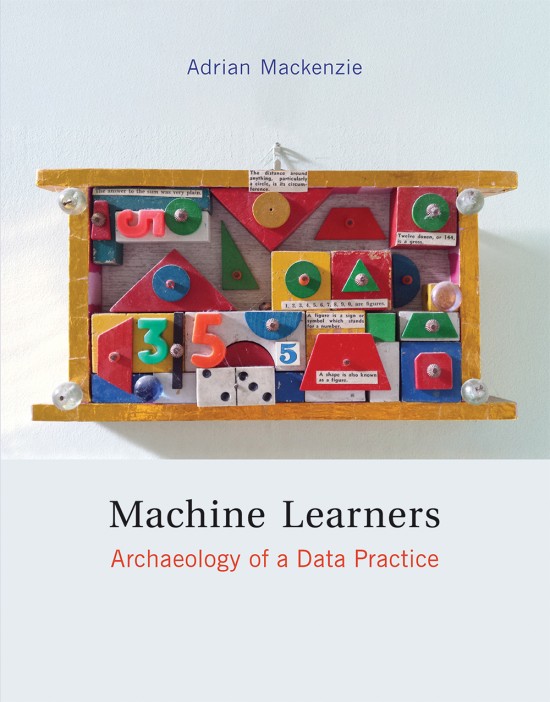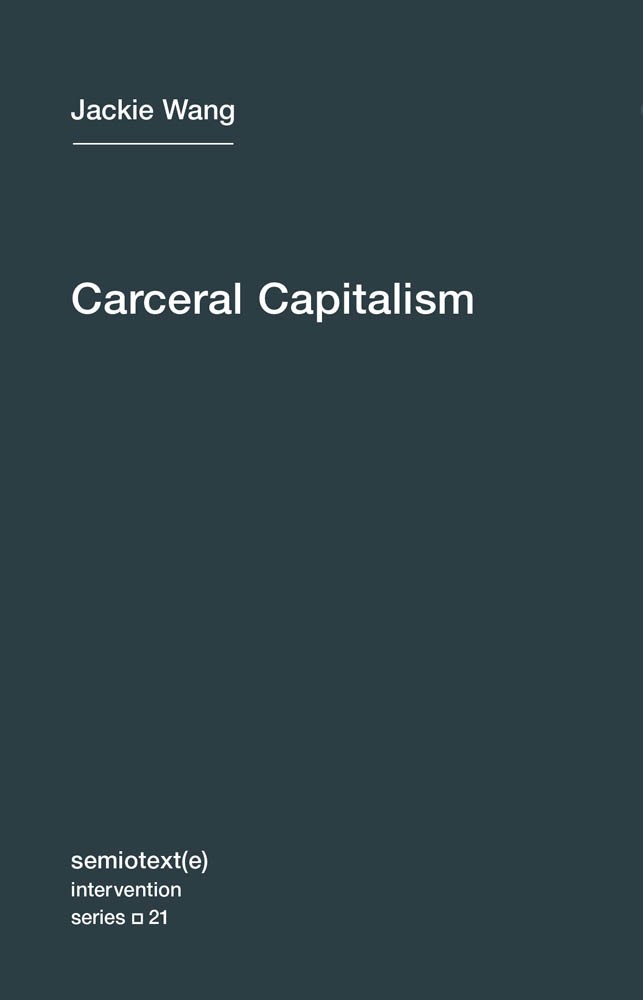Marcello Vitali-Rosati: On Editorialization: Structuring Space and Authority in the Digital Age (2018)
Filed under book | Tags: · algorithm, authority, digital media, editing, editorialization, media, open access, public space, space, web, writing

“In this book Marcello Vitali-Rosati examines how authority changes in the digital era. Authority seems to have vanished in the age of the web, since the spatial relationships that authority depends on are thought to have levelled out: there are no limits or boundaries, no hierarchies or organized structures anymore. Vitali-Rosati claims the opposite to be the case: digital space is well-structured and material and has specific forms of authority. Editorialization is one key process that organizes this space and thus brings into being digital authority. Investigating this process of editorialization, Vitali-Rosati reveals how politics can be reconceived in the digital age.”
Publisher Institute of Network Cultures, Amsterdam, 2018
Theory on Demand series, 26
Creative Commons BY-NC-ND 4.0 International License
ISBN 9492302209, 9789492302205
114 pages
Adrian Mackenzie: Machine Learners: Archaeology of a Data Practice (2017)
Filed under book | Tags: · abstraction, algorithm, archaeology, artificial intelligence, code, data, diagram, error, information science, information theory, knowledge, machine learning, mathematics, neural networks, programming, theory

“If machine learning transforms the nature of knowledge, does it also transform the practice of critical thought?
Machine learning—programming computers to learn from data—has spread across scientific disciplines, media, entertainment, and government. Medical research, autonomous vehicles, credit transaction processing, computer gaming, recommendation systems, finance, surveillance, and robotics use machine learning. Machine learning devices (sometimes understood as scientific models, sometimes as operational algorithms) anchor the field of data science. They have also become mundane mechanisms deeply embedded in a variety of systems and gadgets. In contexts from the everyday to the esoteric, machine learning is said to transform the nature of knowledge. In this book, Adrian Mackenzie investigates whether machine learning also transforms the practice of critical thinking.
Mackenzie focuses on machine learners—either humans and machines or human-machine relations—situated among settings, data, and devices. The settings range from fMRI to Facebook; the data anything from cat images to DNA sequences; the devices include neural networks, support vector machines, and decision trees. He examines specific learning algorithms—writing code and writing about code—and develops an archaeology of operations that, following Foucault, views machine learning as a form of knowledge production and a strategy of power. Exploring layers of abstraction, data infrastructures, coding practices, diagrams, mathematical formalisms, and the social organization of machine learning, Mackenzie traces the mostly invisible architecture of one of the central zones of contemporary technological cultures.
Mackenzie’s account of machine learning locates places in which a sense of agency can take root. His archaeology of the operational formation of machine learning does not unearth the footprint of a strategic monolith but reveals the local tributaries of force that feed into the generalization and plurality of the field.”
Publisher MIT Press, November 2017
ISBN 9780262036825, 0262036827
272 pages
via A.B.
Review: Graham White (Computational Culture, 2021)
PDF (removed on 2018-8-20 upon request from publisher)
Draft and code samples on GIT
Jackie Wang: Carceral Capitalism (2018)
Filed under book | Tags: · algorithm, biopolitics, capitalism, governance, incarceration, race

“In this collection of essays, Jackie Wang examines the contemporary incarceration techniques that have emerged since the 1990s. The essays illustrate various aspects of the carceral continuum, including the biopolitics of juvenile delinquency, predatory policing, the political economy of fees and fines, cybernetic governance, and algorithmic policing. Included in this volume is Wang’s influential critique of liberal anti-racist politics, ‘Against Innocence,’ as well as essays on RoboCop, techno-policing, and the aesthetic problem of making invisible forms of power legible.
Wang shows that the new racial capitalism begins with parasitic governance and predatory lending that extends credit only to dispossess later. Predatory lending has a decidedly spatial character and exists in many forms, including subprime mortgage loans, student loans for sham for-profit colleges, car loans, rent-to-own scams, payday loans, and bail bond loans. Parasitic governance, Wang argues, operates through five primary techniques: financial states of exception, automation, extraction and looting, confinement, and gratuitous violence. While these techniques of governance often involve physical confinement and the state-sanctioned execution of black Americans, new carceral modes have blurred the distinction between the inside and outside of prison. As technologies of control are perfected, carcerality tends to bleed into society.”
Publisher Semiotext(e), South Pasadena, CA, 2018
Intervention series, 21
ISBN 9781635900026, 1635900026
359 pages
Interview with author (M. Buna, LA Review of Books, 2018)
Review: Steven Zultanski (Frieze, 2018).

